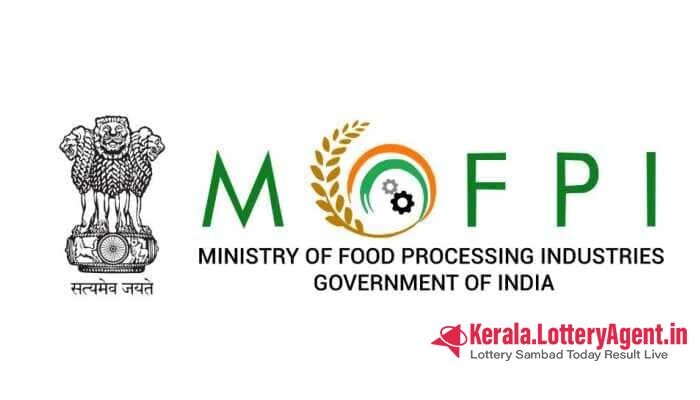
In a recent symposium held by the Federation of Indian Chambers of Commerce & Industry (FICCI), key figures in India’s food processing sector convened to discuss the accelerating progress and future roadmap for the industry, with a projected valuation reaching USD 535 billion by the fiscal year 2025-26. Anita Praveen, the secretary of the Ministry of Food Processing, addressed the audience, underscoring the crucial influence of research and development (R&D) in advancing the Indian food processing industry into its next phase of growth.
During the FICCI Scientific Symposium on ‘Processed Foods for Purpose’, Praveen articulated the rapid development within India’s agricultural sector, signaling record production levels and designating the food processing domain as an area of growth priority. With the current trajectory, the sector has already manifested impressive progress, but according to Praveen, the next leap forward requires a concerted R&D effort.
The secretary emphasized that the food processing sector not only drives economic growth but also generates substantial employment opportunities, particularly benefiting micro and small enterprises which are significant investment attractors and potential private investment conduits. It is this promise of small-scale empowerment and industrial synergy that requires nurturing through R&D, positing the sector at the cusp of an innovation-driven boom.
Strategic advantages were highlighted by Praveen, such as the competitive pricing and abundant availability of raw materials, coupled with increasing demand from both domestic and international markets. She pointed out the nexus of opportunity and growth, suggesting the present as an optimal moment to bolster the industry.
Food wastage, a critical concern in the sustenance ecosystem, was a focal point in Praveen’s address. She called for comprehensive waste management practices encompassing the entire chain from farm to consumer, advocating for more direct interaction between stakeholders—farmers, micro-level processing units, and industry giants—to enhance operational efficiencies and reduce waste.
In her vision for the sector’s future, Praveen proposed the vertical integration of micro units with large industry players to ensure quality control, standardization, and uninterrupted supply chains. She stressed consumer education on quality food production as an industry duty, urging for transparency and a balanced information distribution approach regarding food safety.
Joining the discourse, Siraj Hussain, Advisor to the FICCI Food Processing Committee and former secretary of the same ministry, reiterated the pivotal role of food processing in securing nutrition and food safety. He pointed out that the segment serves as a crucial connector between agricultural production and the end consumer, and is central to economic expansion, job creation, and food sector innovation.
Sanjay Khajuria, president of CIFTI-FICCI and director of Corporate Affairs at Nestle India Ltd, lauded food processing as an emergent sector that has seen considerable progress in modernization and sustained economic growth. Dr. Seema Bathla, a scholar at Jawaharlal Nehru University, laid out the four cornerstones of the Indian agricultural food system, namely production, consumption, ecology, and environment, stressing that the balance between these elements is vital for sustainable development.
With industry experts’ projections lining up, India’s food processing sector is envisioned to exceed the USD 600 billion mark in output by 2025-26. This ambitious forecast not only delineates the scale of potential growth but is also a testament to the collective drive of an industry aimed at harnessing innovation, strategic partnerships, and R&D optimization to establish its position as a global powerhouse in food processing.












